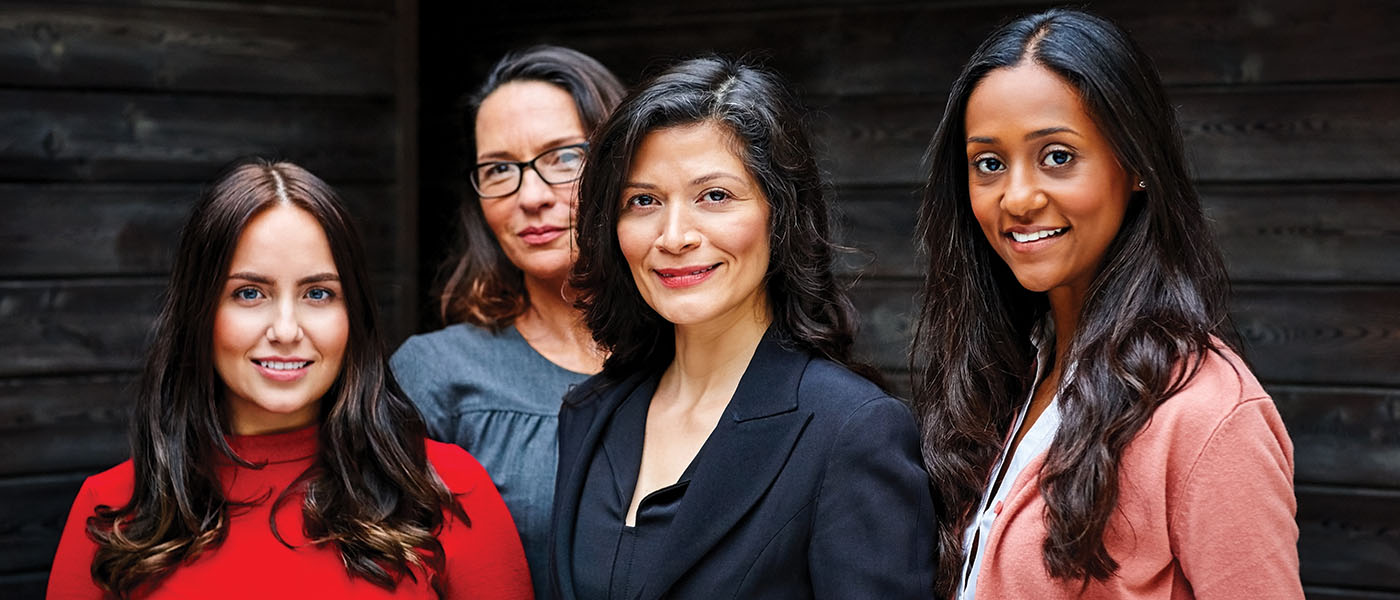
The Pentera Blog
Women's Influence on Charitable Decision-Making Continues to Grow, According to Women Give 2021 Study
Fewer couples are making charitable decisions together—and the woman is more likely than the man to make charitable decisions on behalf of the couple, according to a new study from the Women's Philanthropy Institute (WPI). The authors of Women Give 2021 conclude that fundraisers need to carefully involve both genders when seeking contributions.
"Unfortunately, too many fundraisers still make the assumption that the man in the household controls giving decisions," the authors wrote. "Other members of the household, especially women, should not just be invited to the table but be listened to and respected."
Women Give 2021, which was published earlier this year, is the twelfth in a series of reports on women in philanthropy from the WPI, which is part of the Lilly Family School of Philanthropy at Indiana University. Pentera CEO Claudine Donikian served on the advisory board of the WPI for seven years.
The latest Women Give report is about annual giving among the general population, with the annual amounts averaging less than $2,000. Planned gifts are not addressed in this study, though other studies that do include planned gifts have also found women's increasing influence in charitable giving.
Women Give 2021 found a significant decline over the past 15 years in joint decision-making regarding charitable gifts. In 2005 almost three-quarters (73.4%) of couples made charitable-giving decisions jointly, but by 2020 the percentage had declined to 61.5%.
The study found that the woman makes the decision for the couple 15.3% of the time, while the man makes the decision for the couple 12.1% of the time. The man and woman make totally separate decisions about charity 11.1% of the time.
The woman as decision-maker of charitable giving more than doubled from 2005, from 6.5% to the current 15.3%.
The study also found that education can be a significant factor in who makes the charitable-giving decisions. "When there is an educational gap, the partner with greater education is more likely to make giving decisions alone—whether a man or a woman," the study found.
The complete study includes many more findings; it can be downloaded here.


